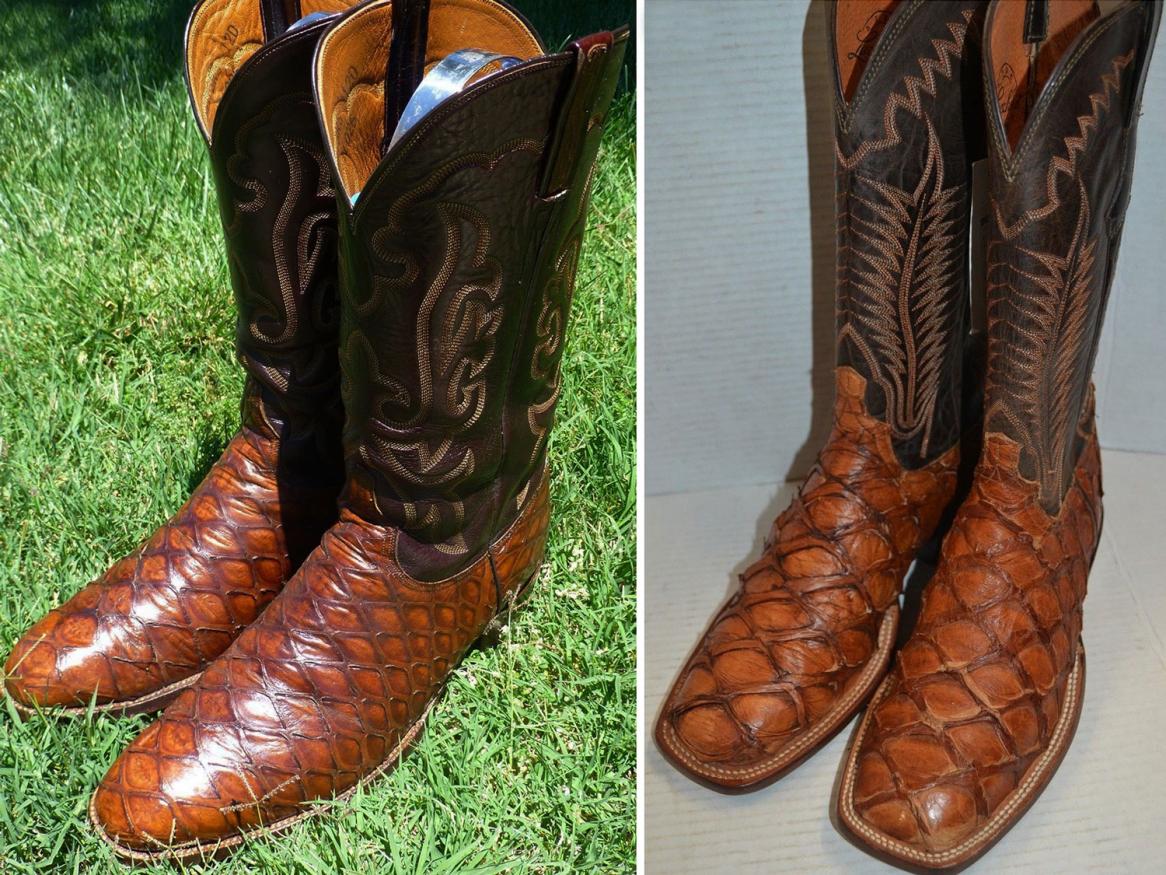News: environmental science
Trapping atoms to protect Australia’s groundwater

A unique new facility at the University of Adelaide will help protect Australia’s precious groundwater from overuse and contamination.
[Read more about Trapping atoms to protect Australia’s groundwater]
New PhD opportunities in environmental remote sensing

New environmental remote sensing PhD opportunities are available working with researchers from our School of Biological Sciences and the CSIRO.
[Read more about New PhD opportunities in environmental remote sensing]
Deep breath: this sea snake gathers oxygen through its forehead

Only fish have gills, right? Wrong. Scientists have found a snake that can breathe through the top of its own head.
[Read more about Deep breath: this sea snake gathers oxygen through its forehead]
Tackling the causes of the Amazon forest fires

If we are so concerned for the rainforest why don’t we do more globally to help protect it?
[Read more about Tackling the causes of the Amazon forest fires]
Spaghetti and mud pies scoop 3-Minute Thesis final

The depth and diversity of research student projects in the Faculty of Sciences was once again on display at this week's final of the Three Minute Thesis (3MT) Competition.
[Read more about Spaghetti and mud pies scoop 3-Minute Thesis final]
Why is the colour blue so rare in nature?

Blue is a very prominent colour on earth. But when it comes to nature, blue is very rare. Less than 1 in 10 plants have blue flowers and far fewer animals are blue.
Not all weeds are bad - Some may actually be good for Australian grasslands

Recent case studies have revealed an overall positive relationships between the diversity of native species and presence of weedy species, notably in Mediterranean Biome grasslands.
[Read more about Not all weeds are bad - Some may actually be good for Australian grasslands]
$35.6 million boost for sciences' research infrastructure

Research for a range of industrial sectors including scientific, advanced manufacturing, defence, resources, biomedical and agriculture has received a major boost.
[Read more about $35.6 million boost for sciences' research infrastructure]
Disease-free locals 'koalafy' as population protectors

Chlamydia-free koalas from Kangaroo Island may be needed to help save declining populations in other parts of Australia.
[Read more about Disease-free locals 'koalafy' as population protectors]
No yee-haw: What endangered creature are your cowboy boots made from?

Researchers investigating the world’s exotic wildlife trade have made a startling discovery...
[Read more about No yee-haw: What endangered creature are your cowboy boots made from?]
